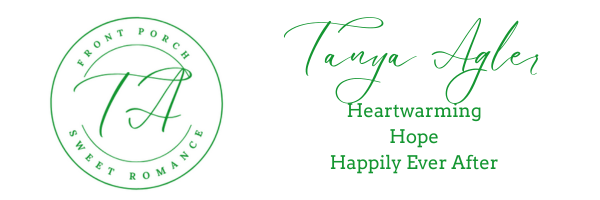Admit it. You’ve taken at least one of the “What Character Are You?” quizzes that are all the rage on Facebook. Am I right? I’ll admit that I’ve taken my fair share of those quizzes. OK, I’ll venture as far as to say I’ve taken way too many of them. According to the different quizzes, I am Westley from “The Princess Bride,” Elsa from “Frozen,” Roger O. Thornhill from “North by Northwest,” and Lady Edith on “Downton Abbey.” According to the same quizzes, I should live in Wyoming, I should have been born in the 1920s, and Cary Grant is my classic movie star match. But these personality quizzes are useful in other ways besides an amusing distraction during the day. If you think about it, they can help you with your writing.
Plotter, pantser or a combination of the two? There seem to be three general types of writers. Plotters are writers that begin their novel with a detailed outline (or synopsis or timeline) and follow the outline while they write the book. Pantsers tend to know their characters, the beginning and the end, and write on the seat of their pants in between. Plotsers are a combination of the two; they might have an outline, but they will go with the flow and deviate from the outline if they feel the characters lead them elsewhere. No matter whether you’re a plotter, pantser or a plotser, most writers know about their protagonists when they begin the book. Whether they conduct character interviews or have a clear idea and get to know the character more as they start writing, writers forge books through the scenes and sequels of their characters. No matter the label attached to a writer, a writer can take personality quizzes from the POV (point of view) from one of their characters to get to know the background of that character better. For the purposes of this blog, I just took a quiz on one of the sites from my work-in-progress heroine’s POV. The quiz finished and revealed that ohana means family. For my heroine, she has adopted a hometown and helps everyone to form a family around her. But for me as a writer, it meant that I had to think like my character. (I promise I’m not crazy and I don’t have multiple personalities!). It meant that I had to delve into what qualities of life meant the most to her. But it was one more way for me to get to know my heroine and capture some of what makes her unique so that I can try to capture those qualities on paper.
The power of observation. In one of the writing classes I have taken to try to improve my craft, the teacher gave me free rein to observe people in public. She wrote that writers should look at people. Look at how they walk, note their accents, check out their facial features. She also said to note what you notice about a person. Instead of the color of people’s eyes, most people tend to notice body type, hair color, distinguishing features and clothing more than eye color. But what is the first thing that heroes and heroines sometimes do? Gaze into the liquid brown depths of the other person.
She also told her students to eavesdrop (within reason-i.e., don’t go up to people on a dock having a private conversation and stick your nose into their business, but instead if someone is yelling across a restaurant, it may be safe to say that they are broadcasting their conversation to the world). Listen to people’s stories. Note their gestures, their tone of voice.
In the same way, observe the other answers in these quizzes. While you, as a person, might not want to travel to Budapest, perhaps your character has traveled there. While you, as a person, might not light up the room when you enter it, maybe your hero is the life of the party. When you take the quizzes, look at the other answers and create a character in your next story based on some characteristic that interests you.
Work comes first. But no matter whether you take personality quizzes or like Candy Crush or scroll down your Twitter feed, the most important piece of advice in this post is to not get sidetracked by these distractions until you’ve met your “A” priority for the day. Is the most important writing goal for the day to get 2000 words of your story written? Is your A-1 priority to revise your first chapter based on your critique partner’s advice? Wait until you accomplish your writing goals for the day before you take time for fun quizzes, perusing the latest cute dog videos or catching up on your favorite blogs. Reward yourself with a personality quiz or a visit to your favorite website or a scroll down your Facebook page once you reach your word count or your revision goal. I know this is easier said than done, but part of being a writer is being a professional and reaching the point where you want this to be a career and not a hobby. So yes, you can find out which dinosaur you’re like or what Outlander character you’re like, but only after you’re hands have been on the keyboard and you’re happy with the progress of your manuscript for the day.
To me, those are three ways personality quizzes can implement your writing: getting to know your character, observing the traits of others, and rewarding yourself for a good day’s work.
After you finish your daily work, do you reward yourself? A good book? An episode of your favorite TV show? Visiting your favorite social media sites? Taking a walk outside? Hitting the gym? Let me know.
